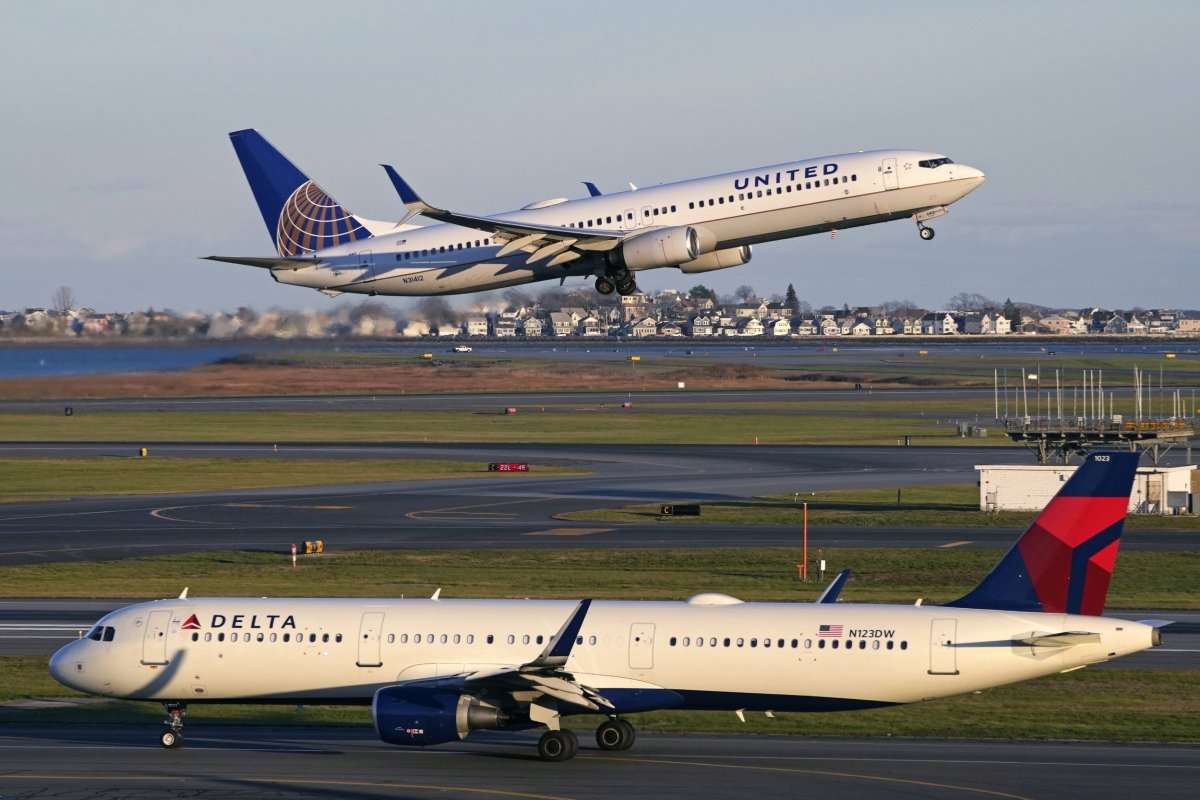Delta Air Lines and United Airlines are facing class-action lawsuits after passengers accused them of selling “window seats” that did not have windows. The lawsuits, filed in New York and California, argue that the airlines misled travelers by charging extra fees for premium window seating while assigning them to spots where a blank wall replaced the view.
The complaints point out that several aircraft models, including Boeing 737s, 757s, and Airbus A321s, have rows where internal systems occupy space usually reserved for windows. Passengers claim they were not informed of this during the booking process and were instead charged the same premium fees as those seated beside actual windows. Unlike some competitors that disclose such details upfront, Delta and United are accused of failing to notify customers.
Passenger Complaints and Legal Claims
Individual stories have brought attention to the issue. One traveler said he repeatedly paid for a window seat on United flights, only to be seated beside a wall. Although he once received a small compensation in mileage points, subsequent complaints were denied, leading him to join the lawsuit. Another passenger, who booked a Delta flight from New York, faced the same situation and is now a plaintiff in the case against the airline.
The lawsuits estimate that over a million passengers may have been affected by these undisclosed seat conditions. Fees for window seats often range between $30 and $100, adding up to substantial additional revenue for the airlines. Plaintiffs are seeking both damages and a court order requiring airlines to identify which window seats lack actual windows.
Attorneys leading the cases argue that customers should not have to rely on third-party seat review websites to uncover the truth about what airlines are selling. They contend that selling a seat as a “window seat” without an actual window is deceptive marketing and violates consumer protection standards.
Broader Implications for the Airline Industry
The lawsuits highlight broader concerns about airline pricing practices and transparency. For many travelers, window seats are more than a luxury—providing natural light, reducing anxiety, and helping distract children during flights. The absence of disclosure, plaintiffs argue, robs passengers of the experience they paid extra to enjoy.
So far, both Delta and United have declined to comment on the lawsuits, citing pending litigation. If the cases move forward, they could force significant changes in how airlines market their seat selections. A ruling in favor of the plaintiffs might not only result in refunds and damages but could also push carriers to provide more accurate and transparent seat maps during booking.
Industry analysts suggest that the lawsuits may become a turning point in how Delta and United airlines handle ancillary fees, which have long been a source of passenger frustration. A legal precedent requiring clearer disclosure could ripple across the industry, compelling airlines to rethink how they balance revenue generation with consumer trust.
Visit Visionary CIOs for the most recent information.











